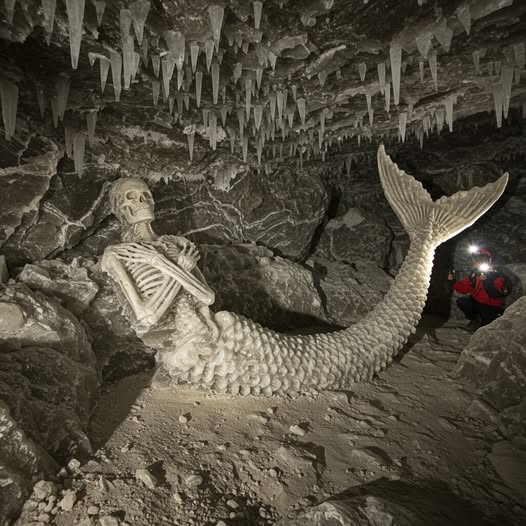The world of science is on edge after a stunning new report
The world of science is on edge after a stunning new report, published in a leading physics journal, has presented compelling data that challenges a fundamental tenet of modern cosmology. The report, authored by a team of astrophysicists using a new generation of ultra-sensitive telescopes, claims to have found evidence that the expansion of the universe is not uniform. Instead, the data suggests a subtle, persistent echo, as if the cosmos is ringing with a faint, cosmic memory of a previous state.

The scientific community is deeply divided, and the debate has put the field on a knife’s edge. Established physicists argue that the findings must be a statistical anomaly or a flaw in the new telescope’s data. However, the report’s authors stand by their conclusion, which suggests a shocking implication: the universe has not forgotten its past. The findings imply a cyclical, rather than linear, universe—a cosmos that expands and contracts in a series of never-ending cycles. This would shatter the current understanding of a single, one-time Big Bang and introduce the concept that everything that has ever happened in this universe has happened before and will happen again.

The philosophical and scientific ramifications of this report are immense. If the universe is indeed cyclical, it would force a complete re-evaluation of our understanding of time, space, and our place in existence. The findings are not just a matter of physics; they are a profound question that touches on determinism, free will, and the very nature of reality. The stunning new report is more than just a scientific paper—it is a philosophical challenge that has sent shockwaves through every field of study, a tantalizing glimpse into a cosmos that is far stranger and more complex than we ever dared to imagine.
